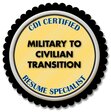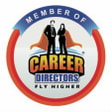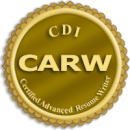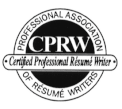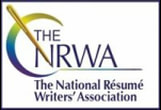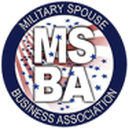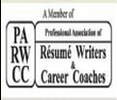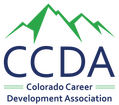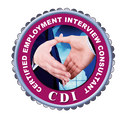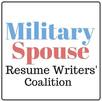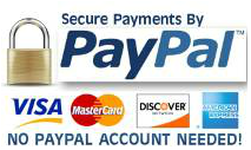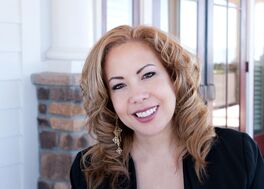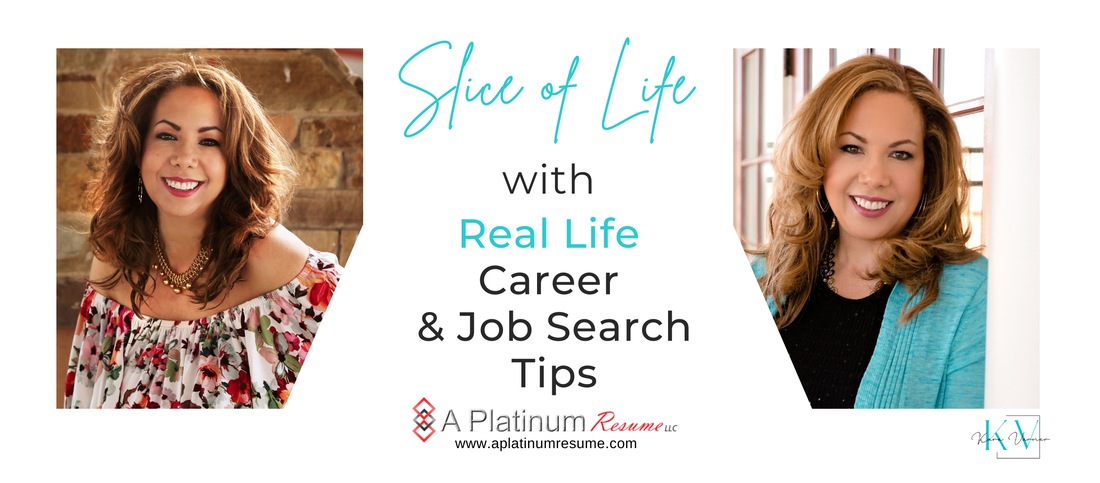
I said yes, but that I only had 15 minutes. One and a half hours later, we had discussed everything and more about what he wanted to know about becoming an EAP. He had his questions ready and, I’m sure we digressed a few times, however, afterwards he thanked me, and I asked him to stay in touch. He later became an EAP.
This process has an official name, it is called an Informational Interview, and ever since I met with him over 10 years ago in my office in Virginia, I have been talking to my clients about the POWER and LEVERAGE of an Informational Interview. Surprisingly, very few people ever take advantage of this networking and R&D path that can garner them HUGE rewards.
So, let’s break it down:
What is an Informational Interview? Basically, it is talking to people and asking them about their job. Formally, it is a meeting between a person who wants to investigate and learn more about a career field and a person actually working in that career field.
What can be learned:
What the interviewee likes and doesn’t like about the job; how they got the job; what credentials were required for the job; what do they see being the next natural progression in their career, and how they go about doing the job. That is a lot of information to gain in one meeting don’t you think?
What’s else can you gain from an Informational Interview?
- Students can explore various occupations before committing arduous studies to a particular field or find just the ‘right fit’ for converting their interests into a paying job.
- Some people find that the job requires much more education, time, or labor than they expected.
- Sometimes, people discover that a job that looks ‘golden’ or ‘glamorous’ from an outside perspective is a bit more lackluster and intense. This happened to me when I was studying to become a Fashion Buyer/Merchandiser. I soon learned that most of the Fashion Buyers spent endless hours in offices with mounds of paperwork for orders and inventory sheets, while the more established buyers traveled to the shows in Paris. It seemed to be very stressful, with little upward mobility.
- Still others, find that their career goals are reaffirmed, and settle into their respective career path, having secured a mentor, friend, or networking contact in the process.
- You may find out more about the day to day (the grunge or highlights) of working in particular field.
- You may be able to focus your career goals now, switch paths if needed.
- You may discover careers you didn’t even know existed.
- You may get offered and internship or externship.
- You may get offered a job.
- You may make a networking contact that is invaluable to your career success in the future.
- You may gain experience in interviewing.
- You may gain an additional professional reference.
- You may gain a friend.
So, is it just as simple as picking up the phone or sending off an email? Well, no. There is some thought and strategy that should go into planning your informational interviews.
Here’s a few tips:
- Make a list of the occupations that you would like to learn more about.
- Research what companies have those types of positions.
- Research who is in those kinds of positions at those companies (LinkedIn is a good source for this). You can also Google professional affiliations and associations that have professionals in your chosen career field (they usually have a list of members).
- Research the type of job thoroughly and compose a list of about 7 to 10 questions that you REALLY want to know about the job. Don’t list salary at the top, but it can be on the list. A good way to ask this is, “What kind of entry level salary do you usually see for this type of position?” That way the interviewee and share what they want, if they want.
- Reach out through LinkedIn or email or you can bravely use that older invention (the phone). Have your ‘pitch’ ready and keep it short. Ask to speak to them about their careers (do not ask for or allude to getting a job). You can explain that you are a student, career changer, or leveraging your current career for your next career.
- Make sure to tell them that you only need about 10 to 15 minutes. Truthfully, as I mentioned, I’ve seen these turn into hour long conversations and lifelong friendships being made. Now, that is not an expectation, but having a new contact in your life can never hurt.
- If they need to get back to you, follow up once or twice and move on. When they agree, make sure to be prepared and ready to have a conversation about your career.
 RSS Feed
RSS Feed



